I remember it like yesterday when everyone was condemning Samsung for its big phablets that no one wants to use. It is also the moment when Apple introduced its first Plus model. The bigger, the more expensive. So why do we want big phones?
As soon as the iPhone 6 Plus came on the market, I immediately switched to it from the iPhone 5 and definitely did not want to go back. My personal strategy was that bigger is simply better. It is not meant now considering that even Apple favored larger models over smaller ones, especially in the area of cameras (OIS, dual camera, etc.). It is logical that the bigger the display you have, the more content you see on it. Even though the interface is the same, the individual elements are simply bigger - from photos to games.
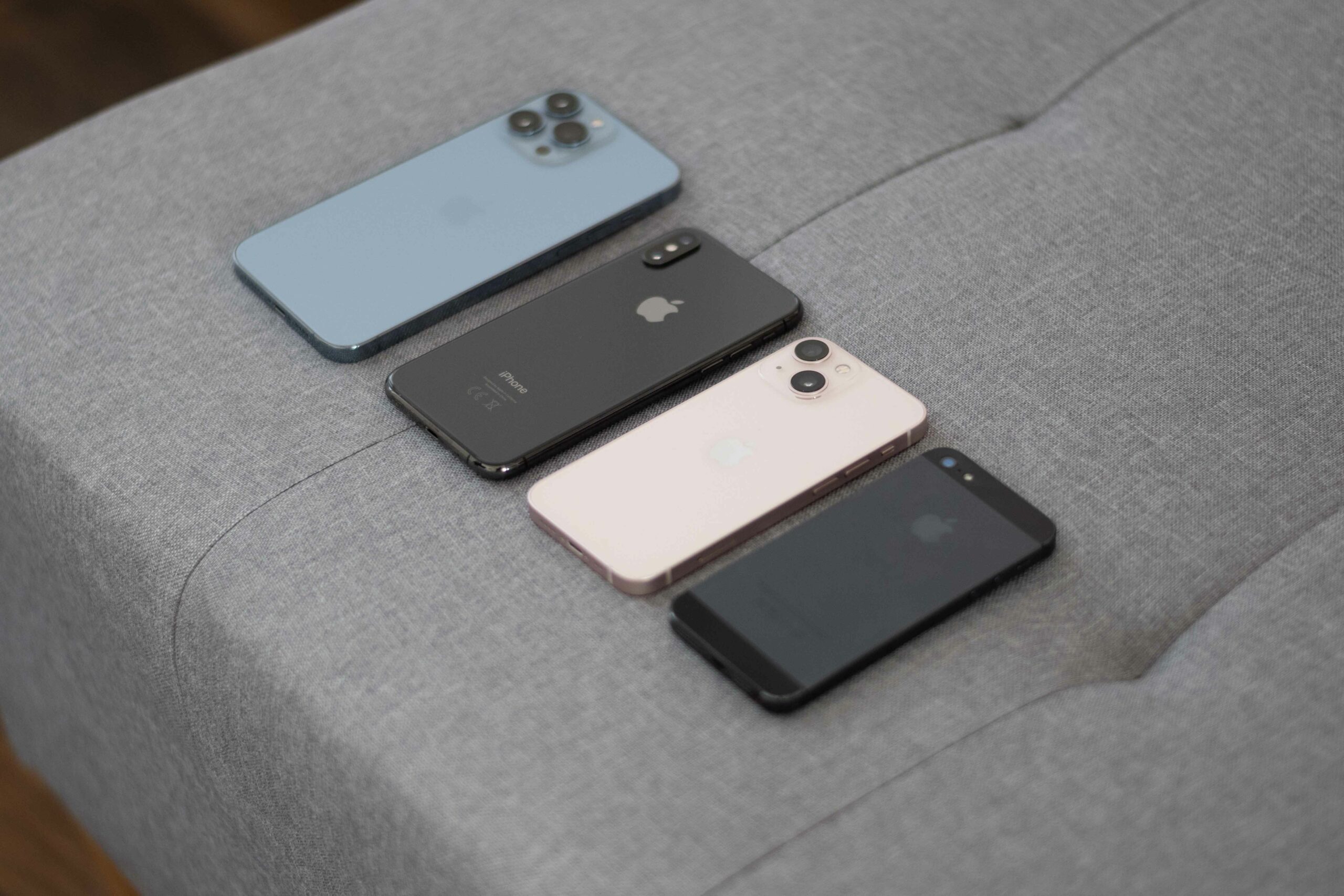
Of course, not everyone wants big machines. After all, someone prefers compact dimensions in the form of basic sizes, for iPhones they are those with a diagonal of 6,1 inches. It's a little surprising that Apple took a risk and introduced mini models. I am now referring to the mini models as we know them. Its dispersion of diagonals would be much more practical than if it started at a really small 5,4 inches and ended at 6,7 inches, while 6,1" displays are represented by two models in the series. The difference of 0,6" is quite large and one model could certainly be accommodated here, of course at the expense of another. Moreover, as it has been looking like for a long time, iPhone minis are not exactly sales hits and we will probably say goodbye to them in the future.
The bigger the better"
And it's paradoxical, because the smaller the phone, the more comfortable it is to use. Smartphones with large displays simply have usability issues. They are difficult to handle with one hand, and after all, some are so large that they don't even fit comfortably in your pocket. But larger screens are more attractive and pleasant to watch content on. At the same time, the size often determines the equipment and of course also the price.
What are folding devices about? About nothing but size. However, in contrast to the top series of smartphones from manufacturers, they already offer certain limitations, when, for example, the Samsung Galaxy Z Fold3 does not reach the quality of the Galaxy S21 Ultra model. But it has that huge display. Although the device may not be very friendly to use, it certainly attracts eyes and attention.
It could be interest you
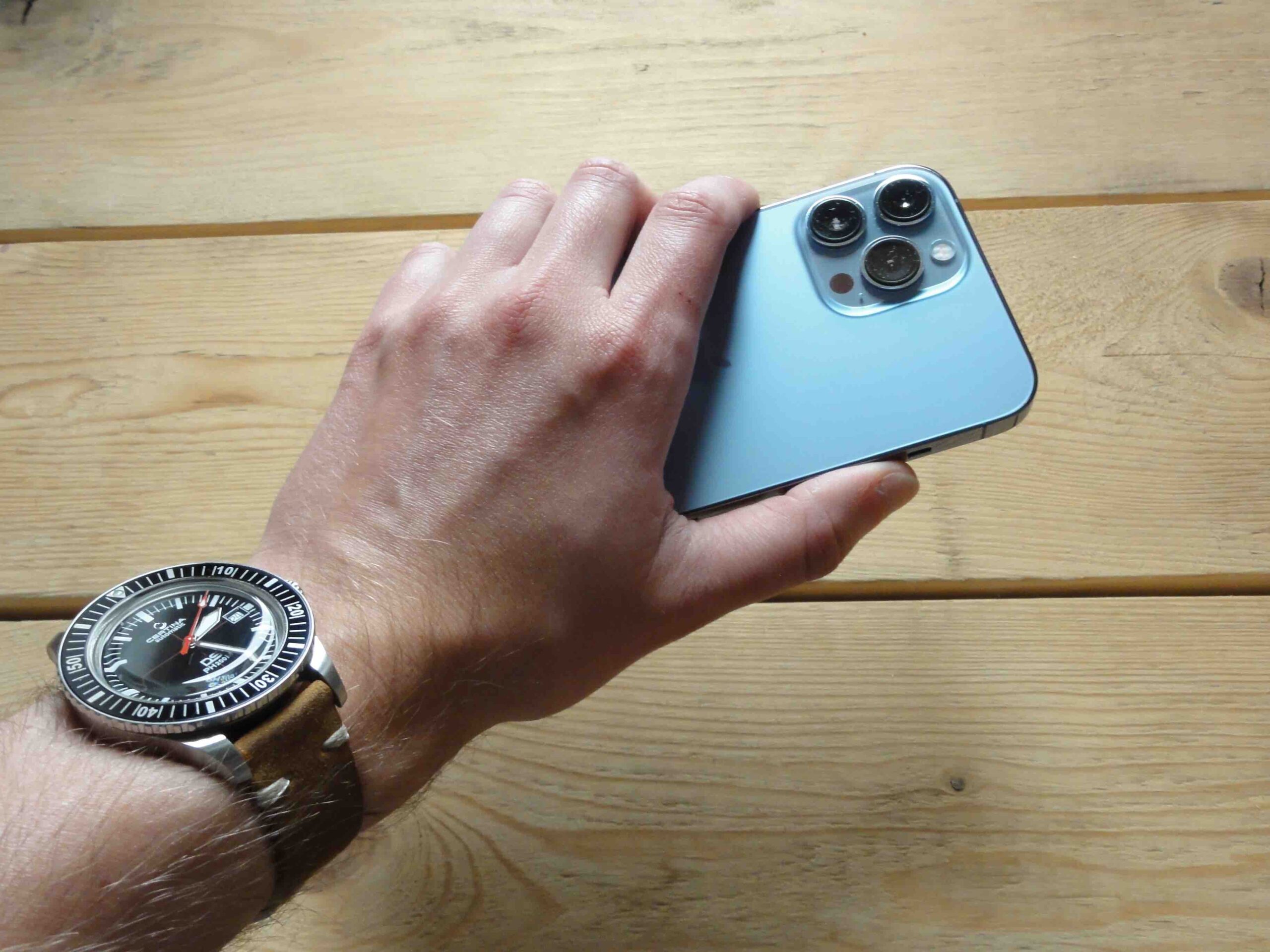
We are willing to pay extra for larger models, they limit us with their dimensions, weight and usability, but we still want them. The price is also to blame, because then you can say that you actually have the "most" that the manufacturer offers. I personally own an iPhone 13 Pro Max and yes, I chose this model precisely because of its size. I'm comfortable and I don't want to limit myself in my view or spread (of my fingers). That's why I want a big screen where I can see more than the iPhone mini.
But the price difference between the basic versions of these models is a huge 12 thousand CZK. I would easily want all the technological achievements on my Max that I didn't buy it for (telephoto lens, LiDAR, ProRAW, ProRes, one more GPU core compared to the 13 series, and I would also bite the lack of an adaptive refresh rate of the display) if Apple introduced such a large device at a relatively lower price. Because once you taste more, you don't want less. And that's the problem, because in the case of Apple, you are then only dependent on the top of its portfolio.
It could be interest you
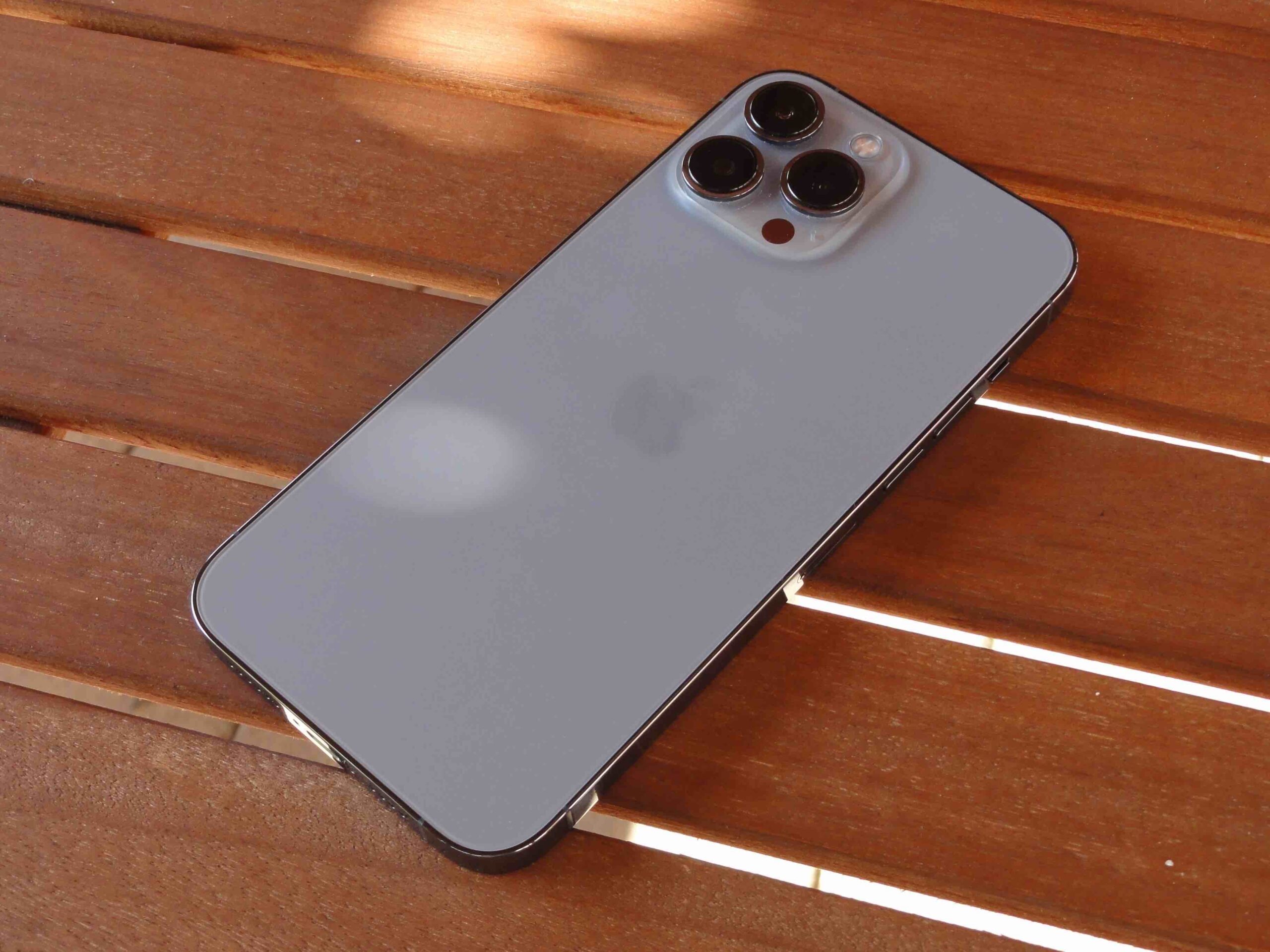
Of course, this article expresses only the opinion of the author. Perhaps you personally have a completely different opinion and do not allow small devices. If that's the case, I wish the iPhone mini was with us for another year, but maybe you should start slowly saying goodbye.
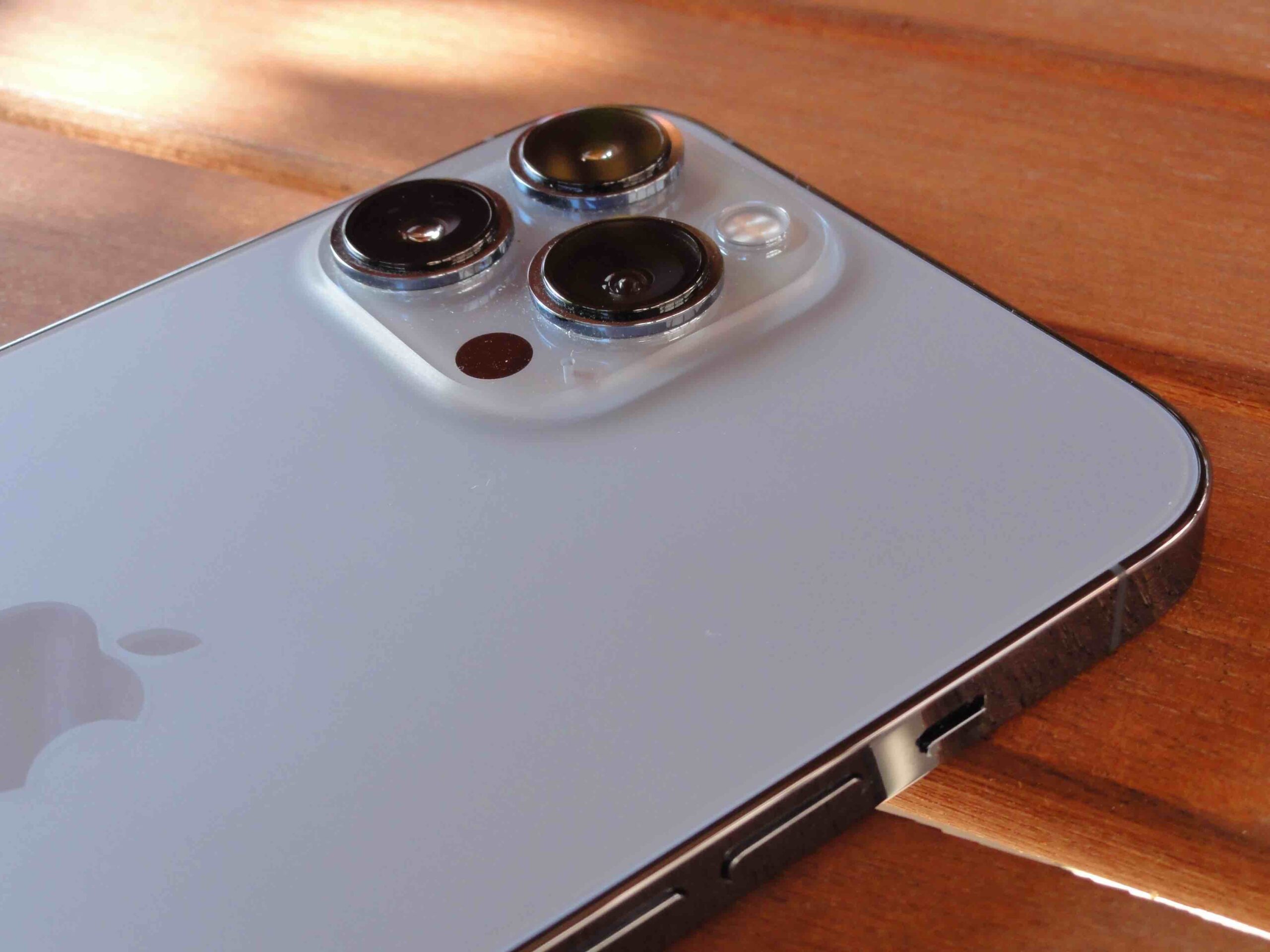
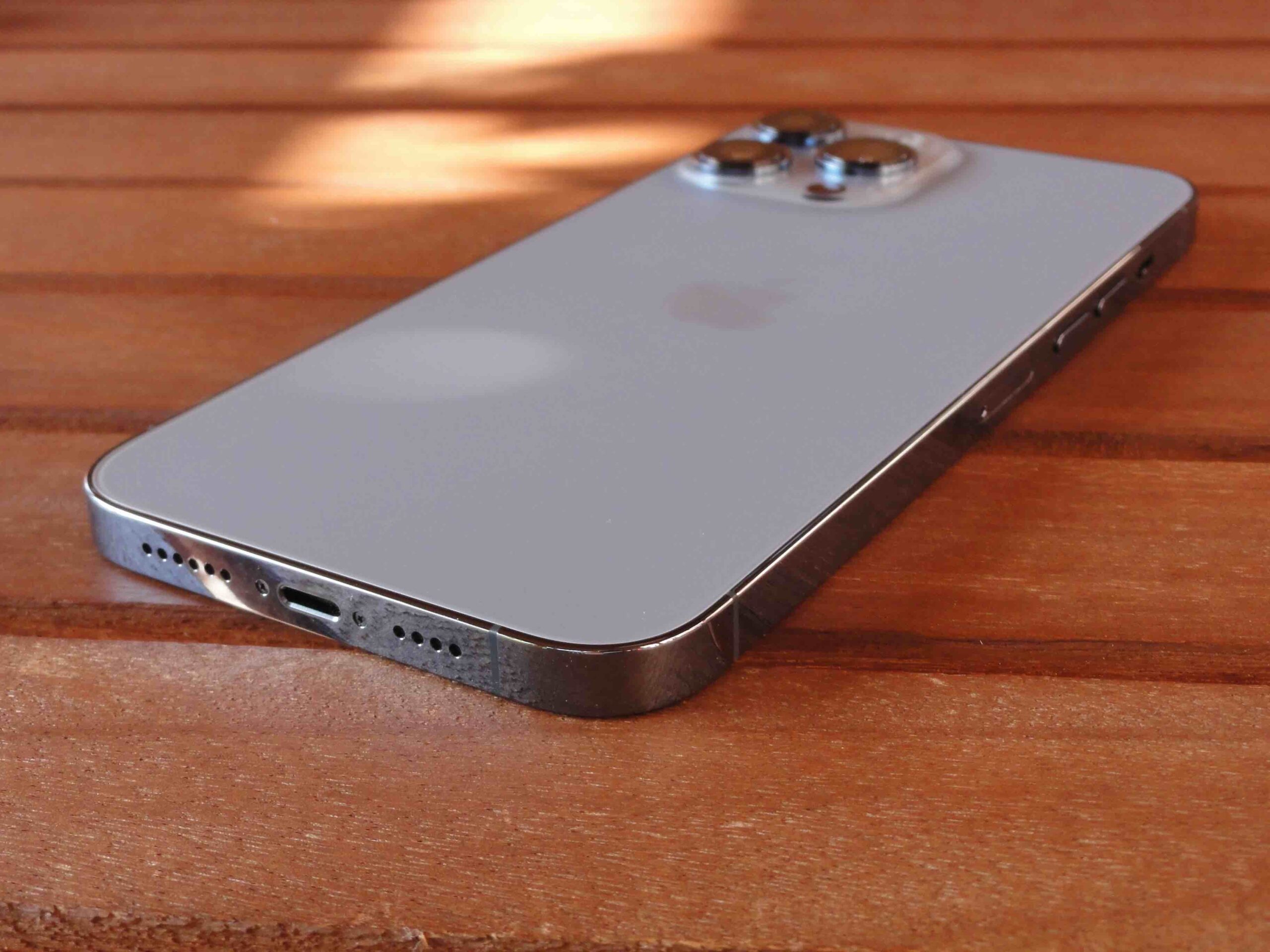
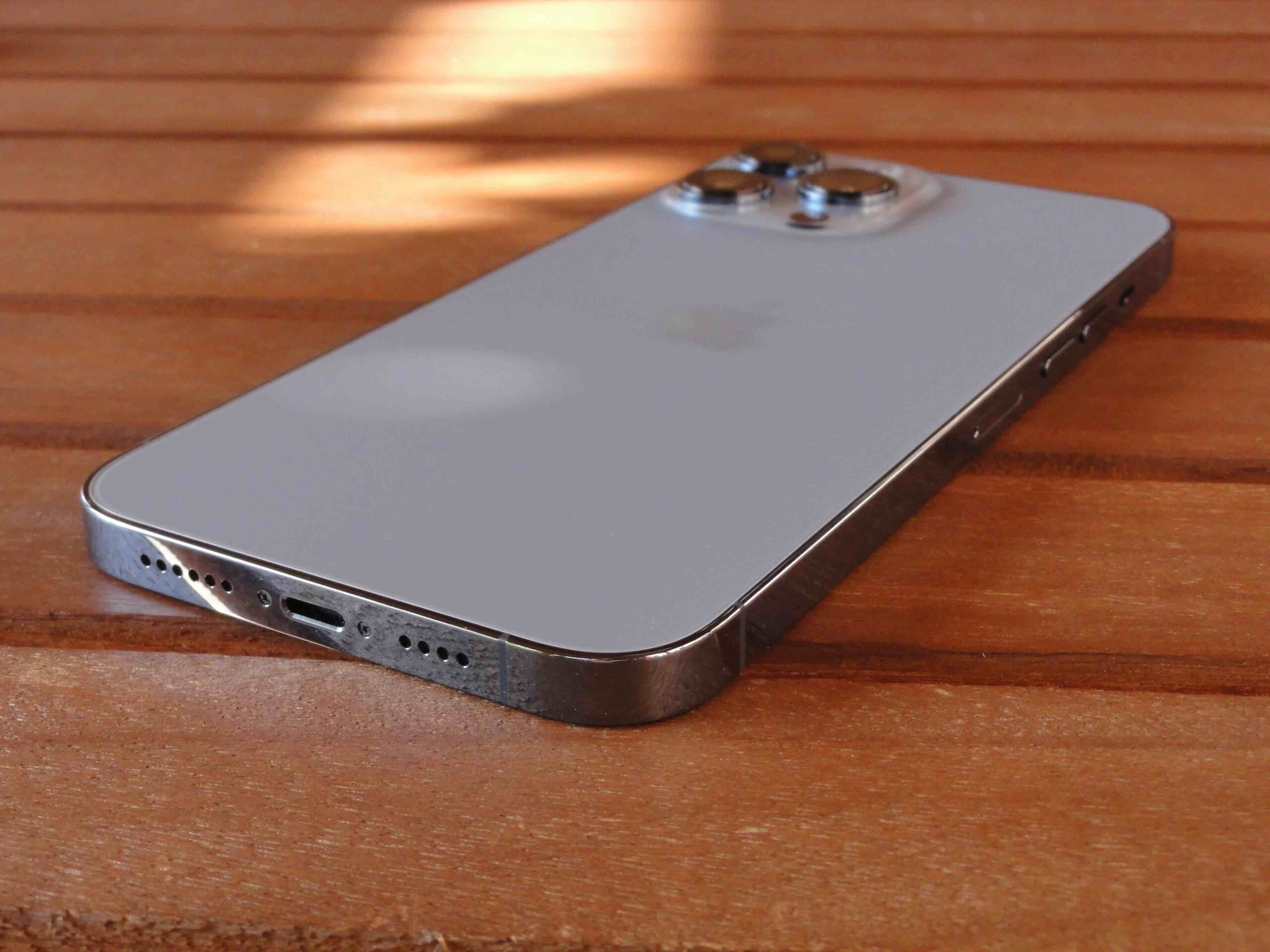
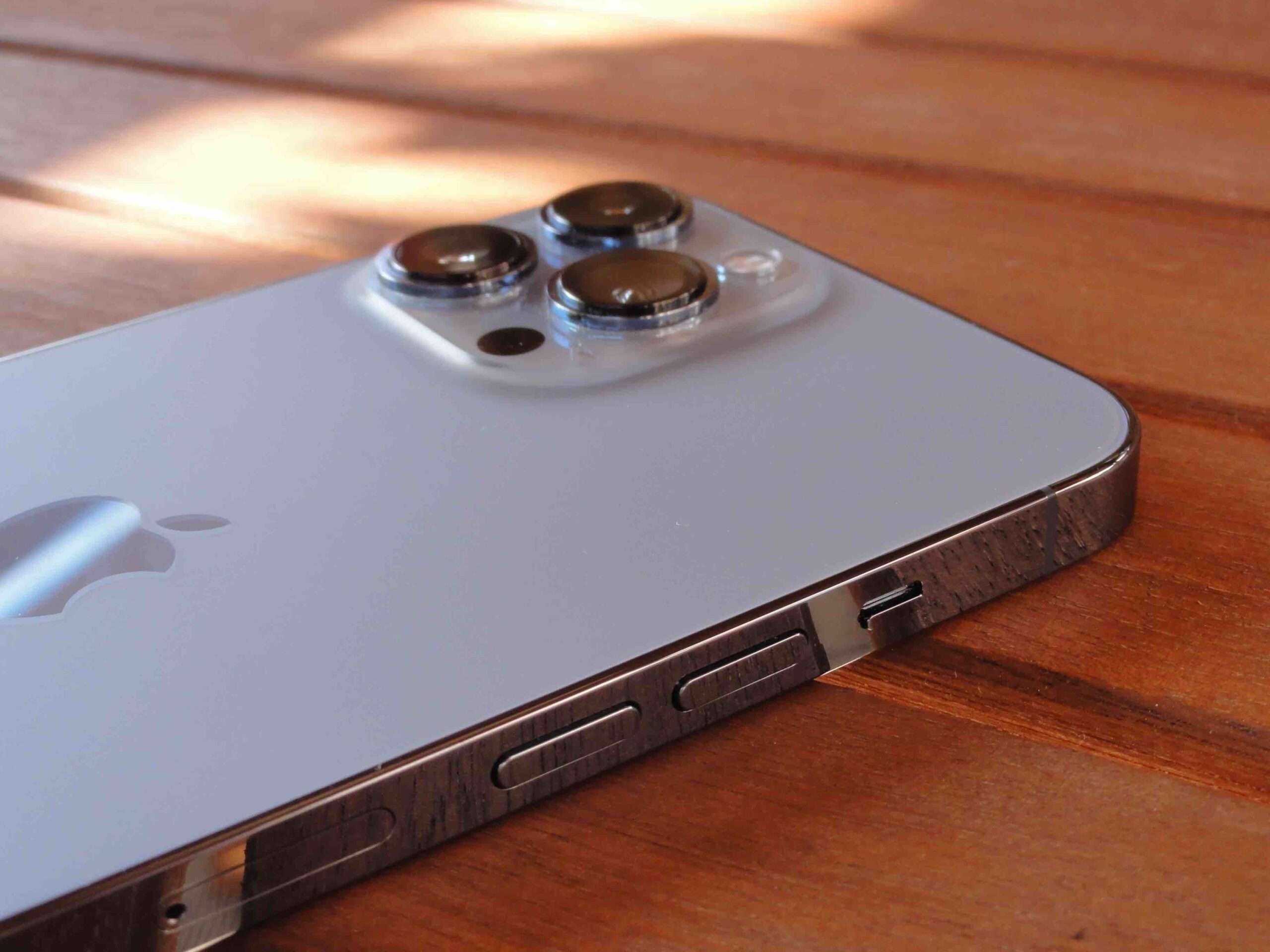
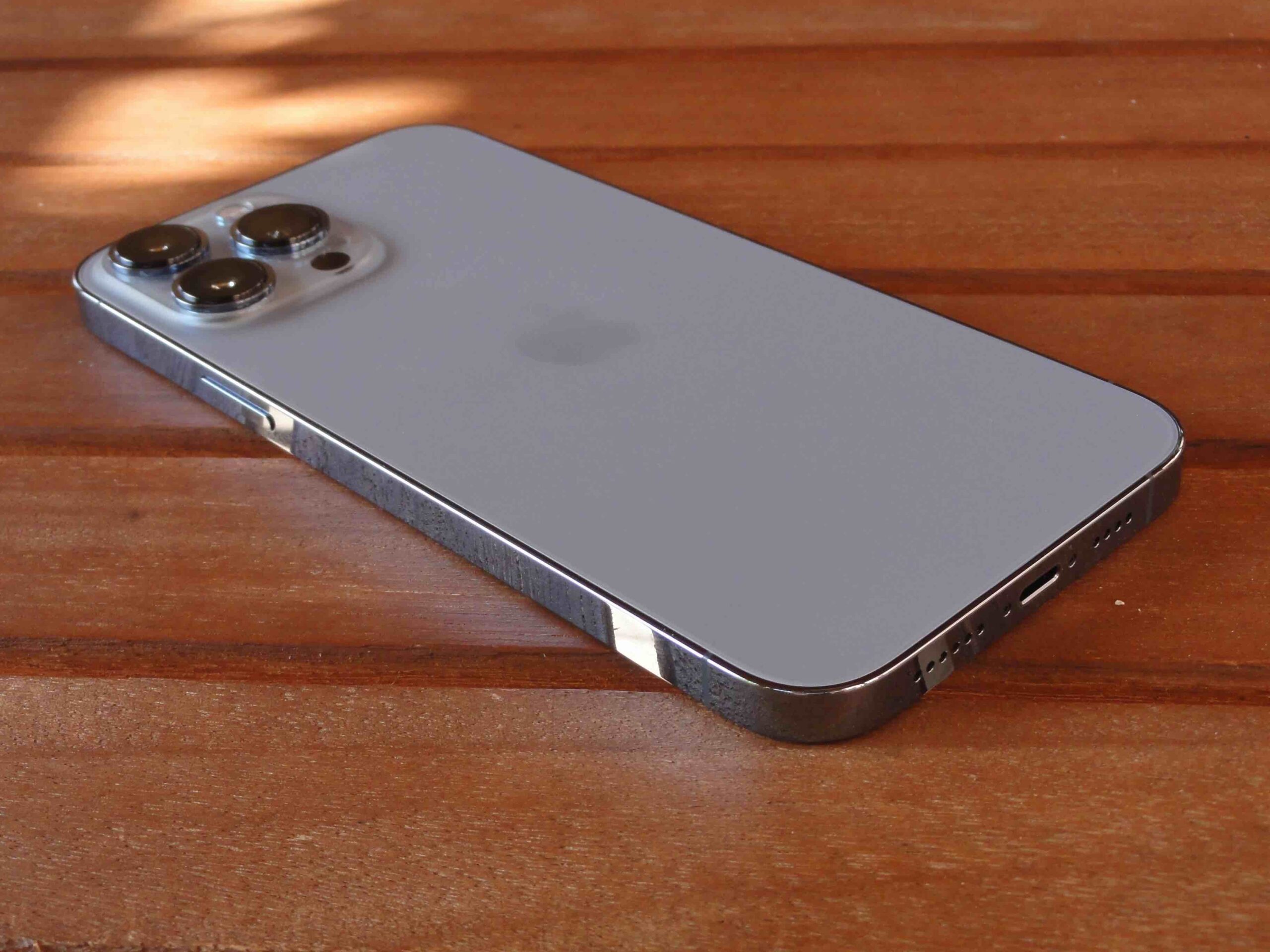
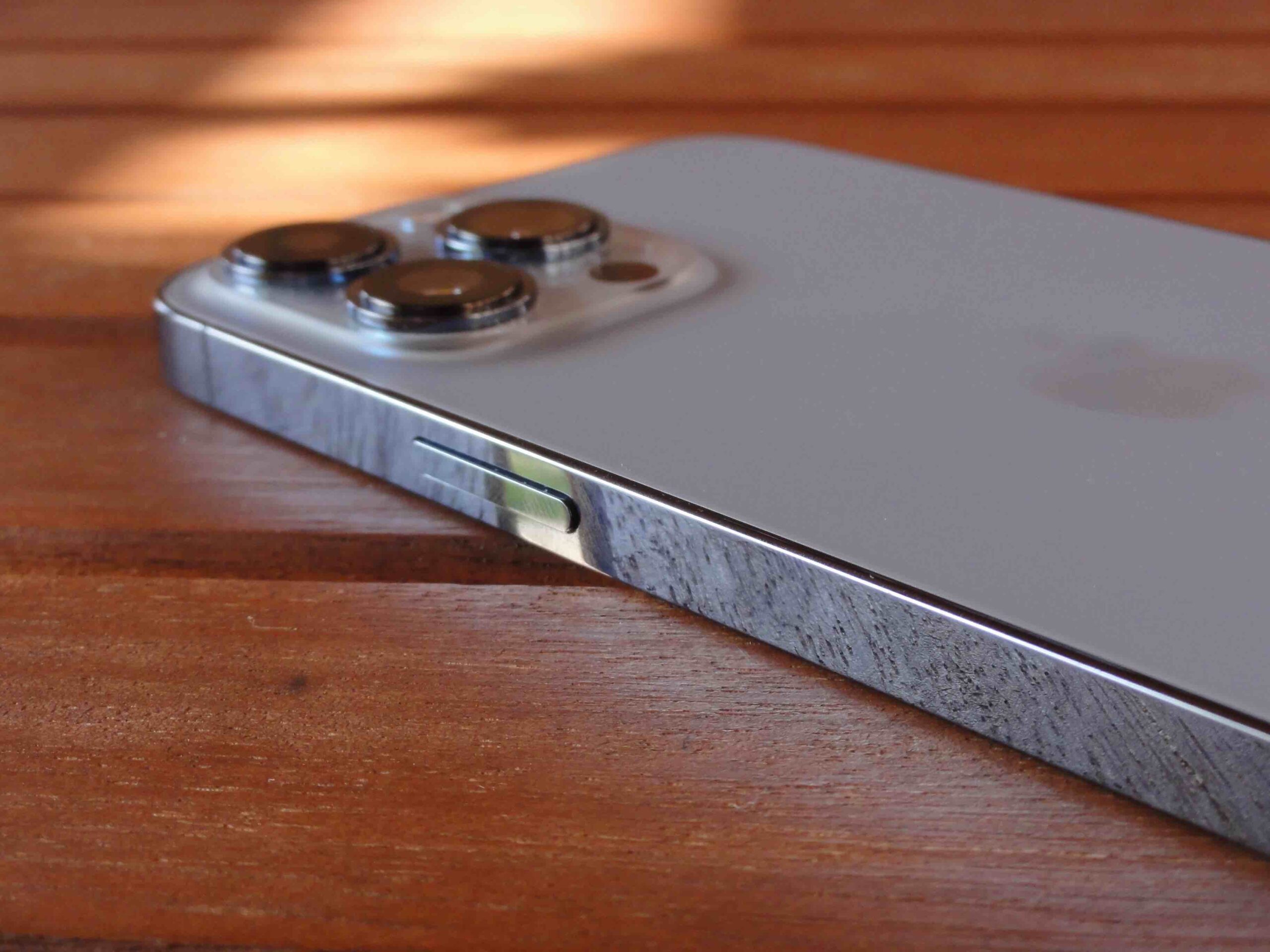
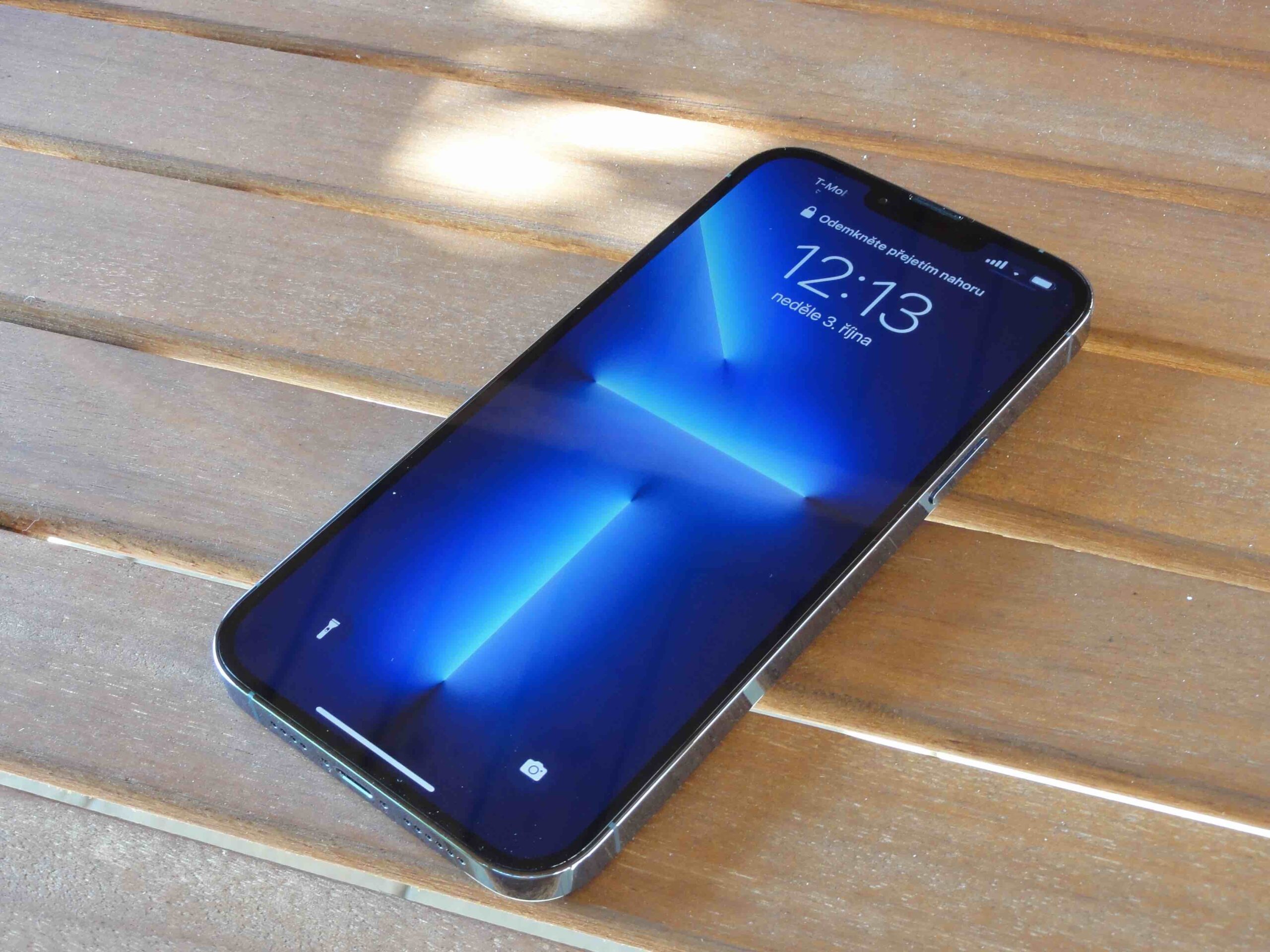
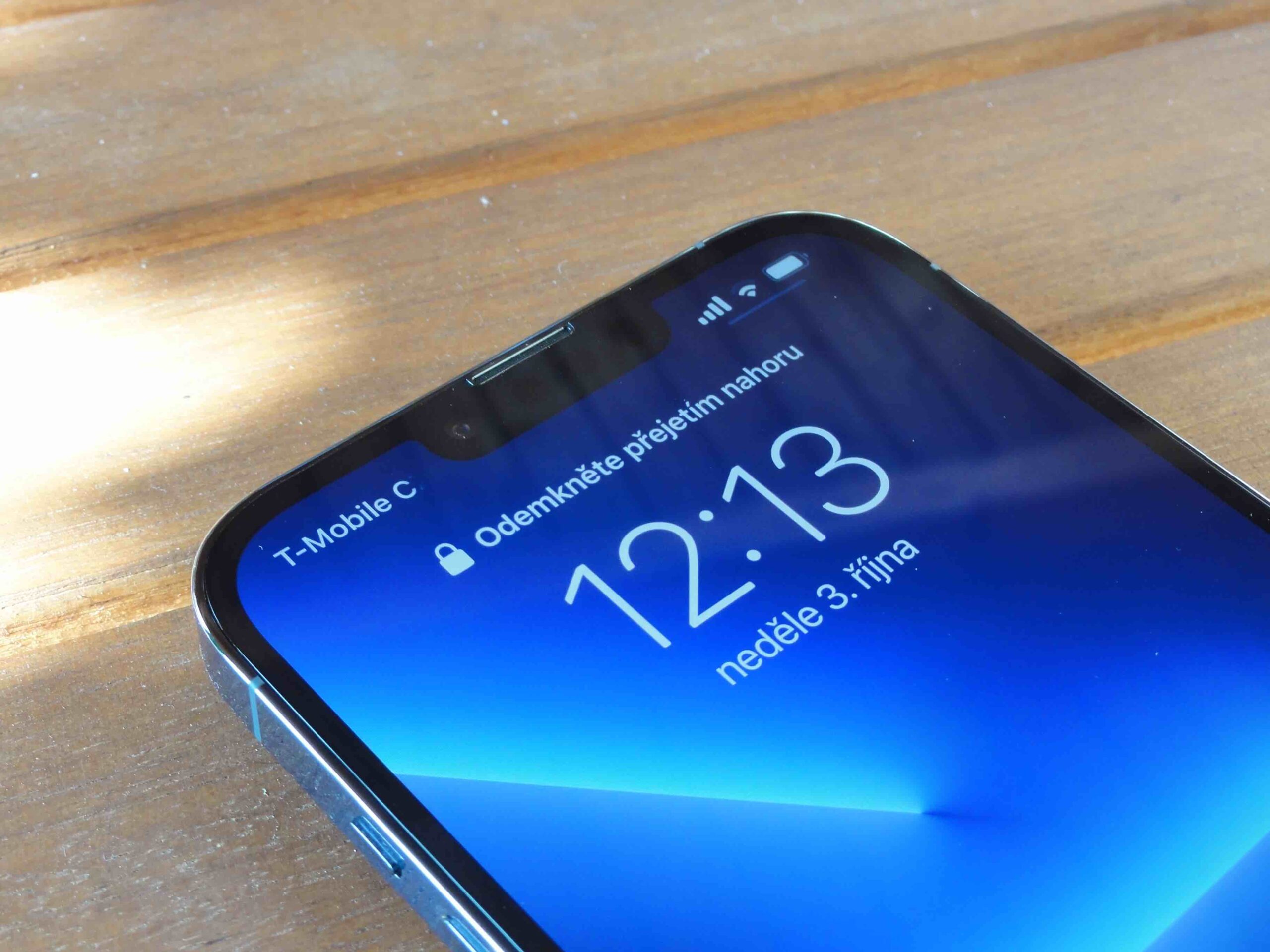
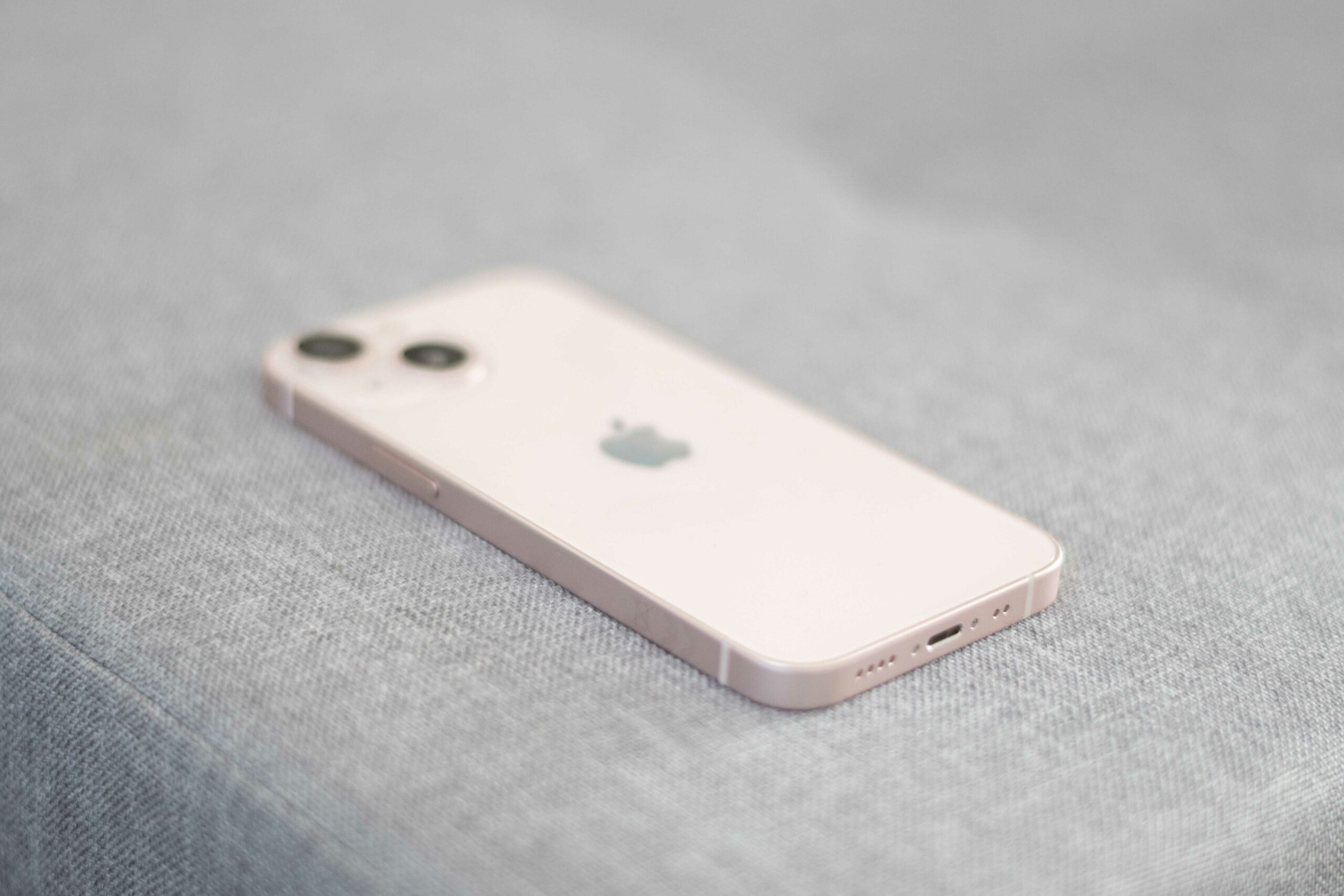
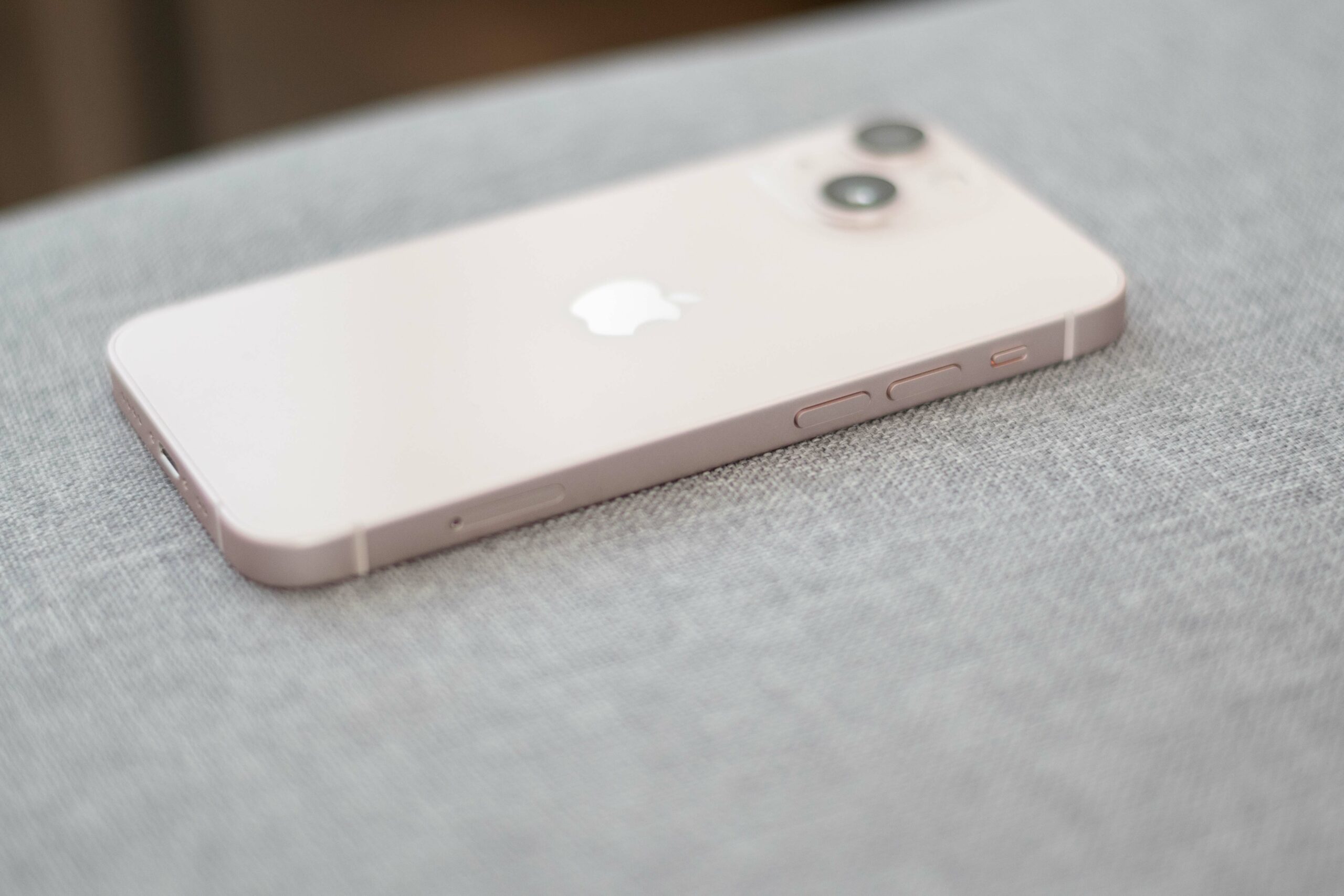
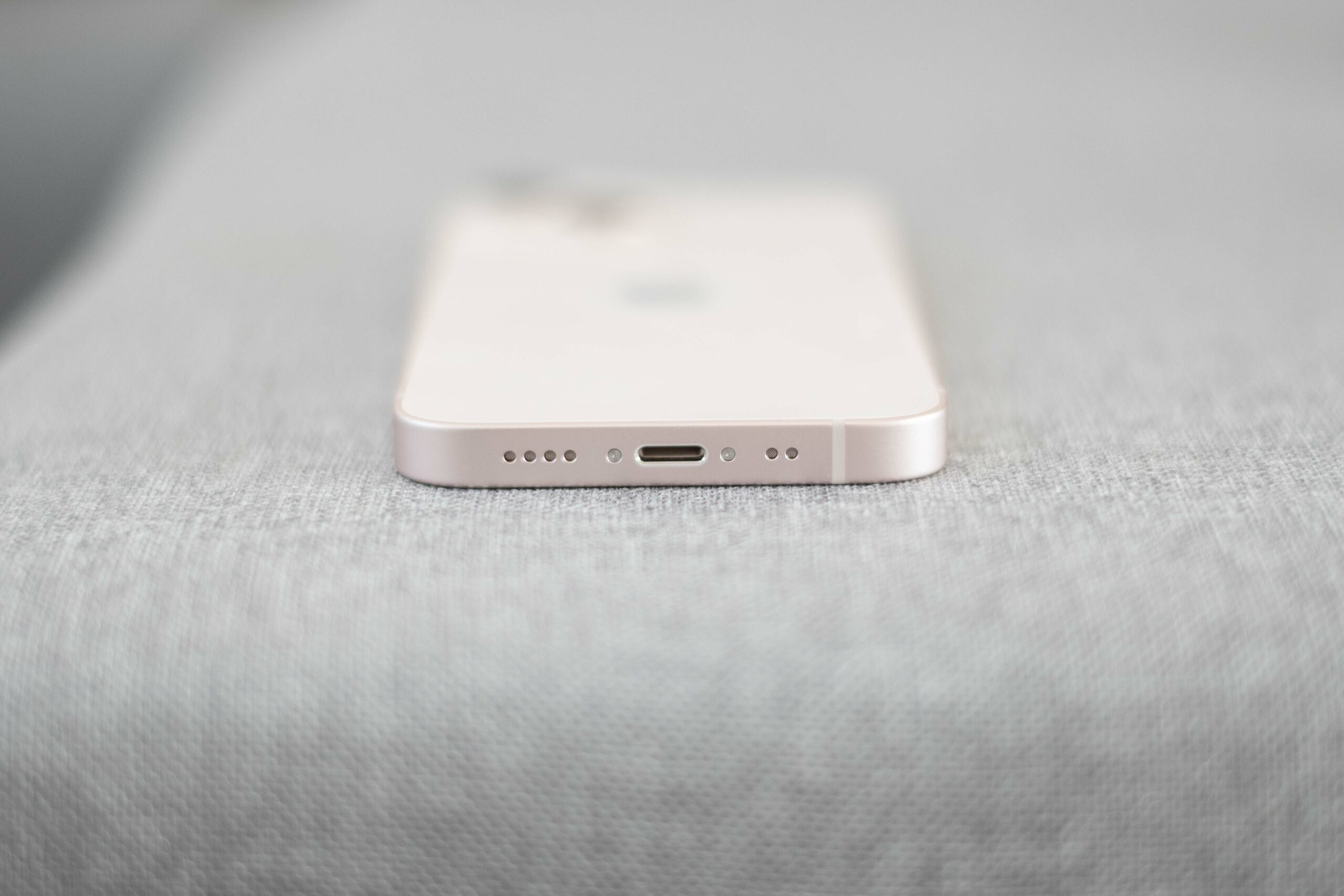
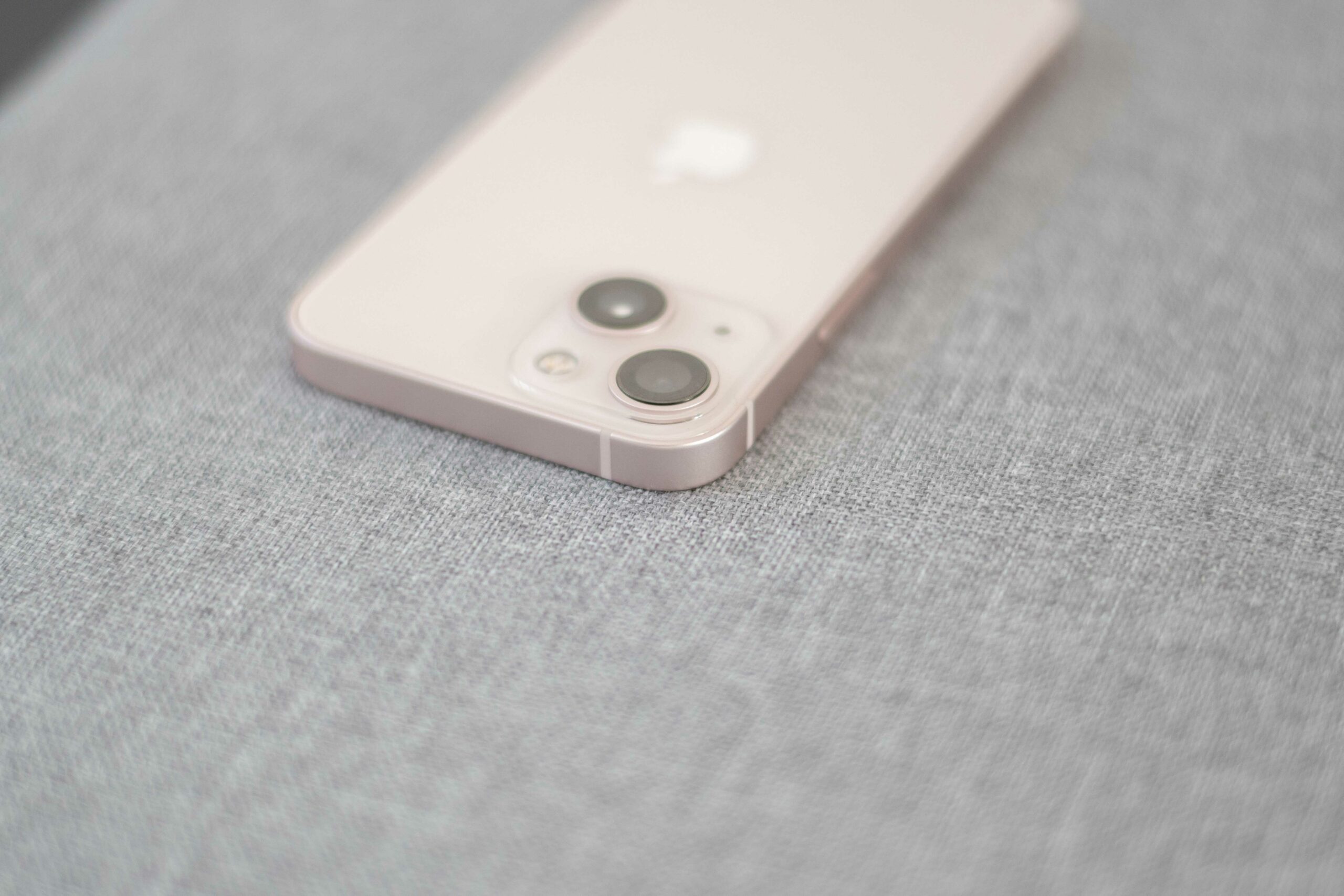

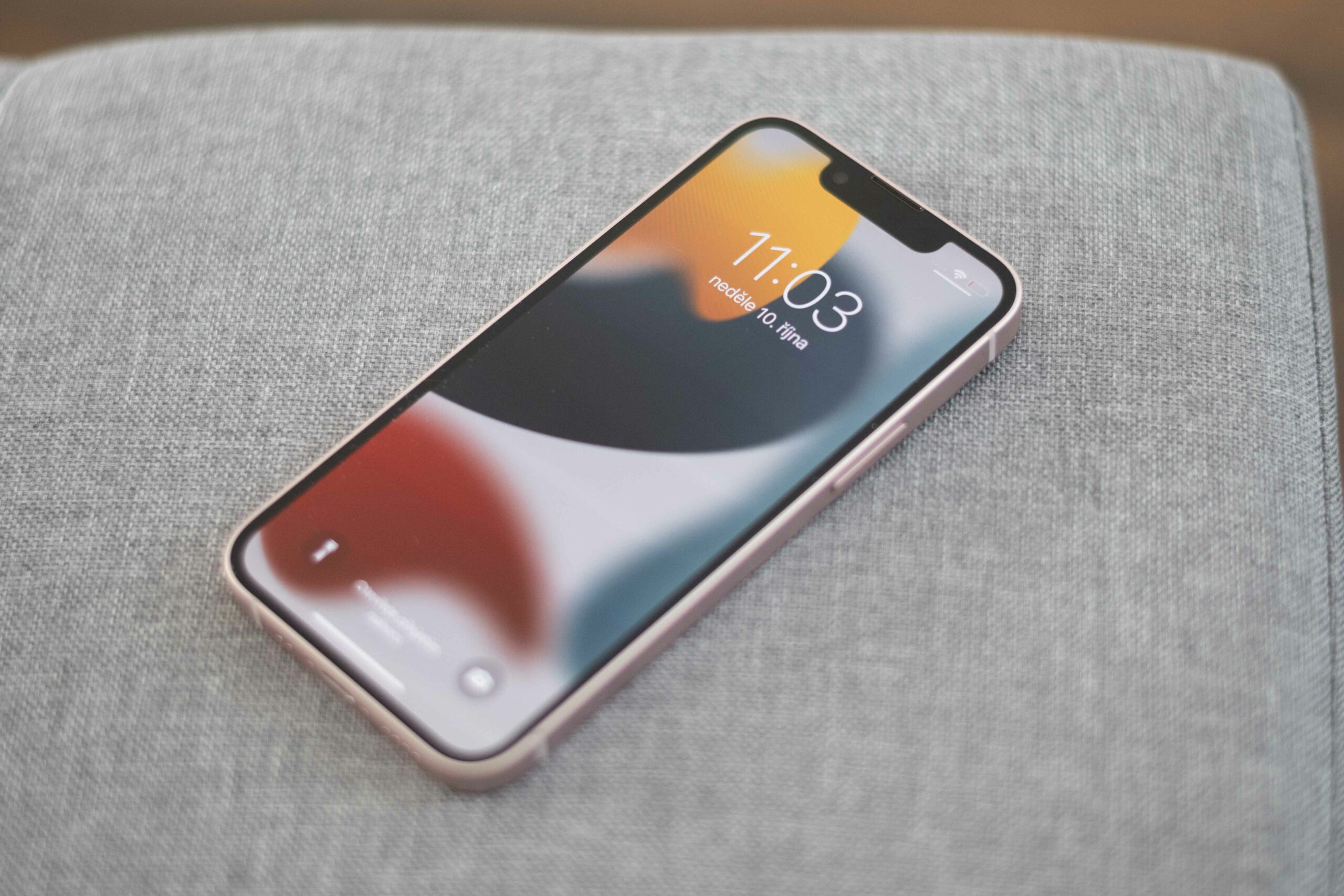
 Adam Kos
Adam Kos 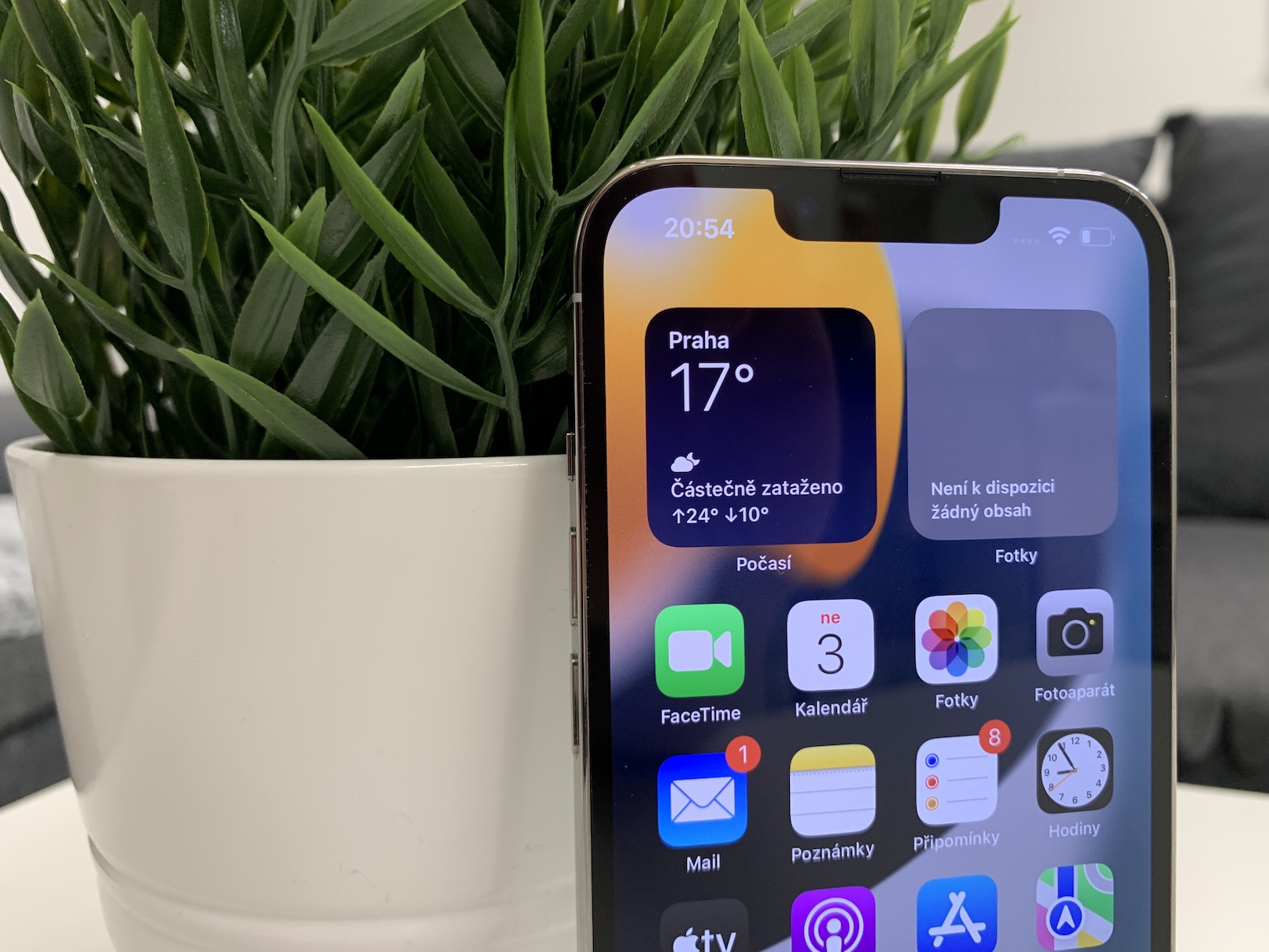
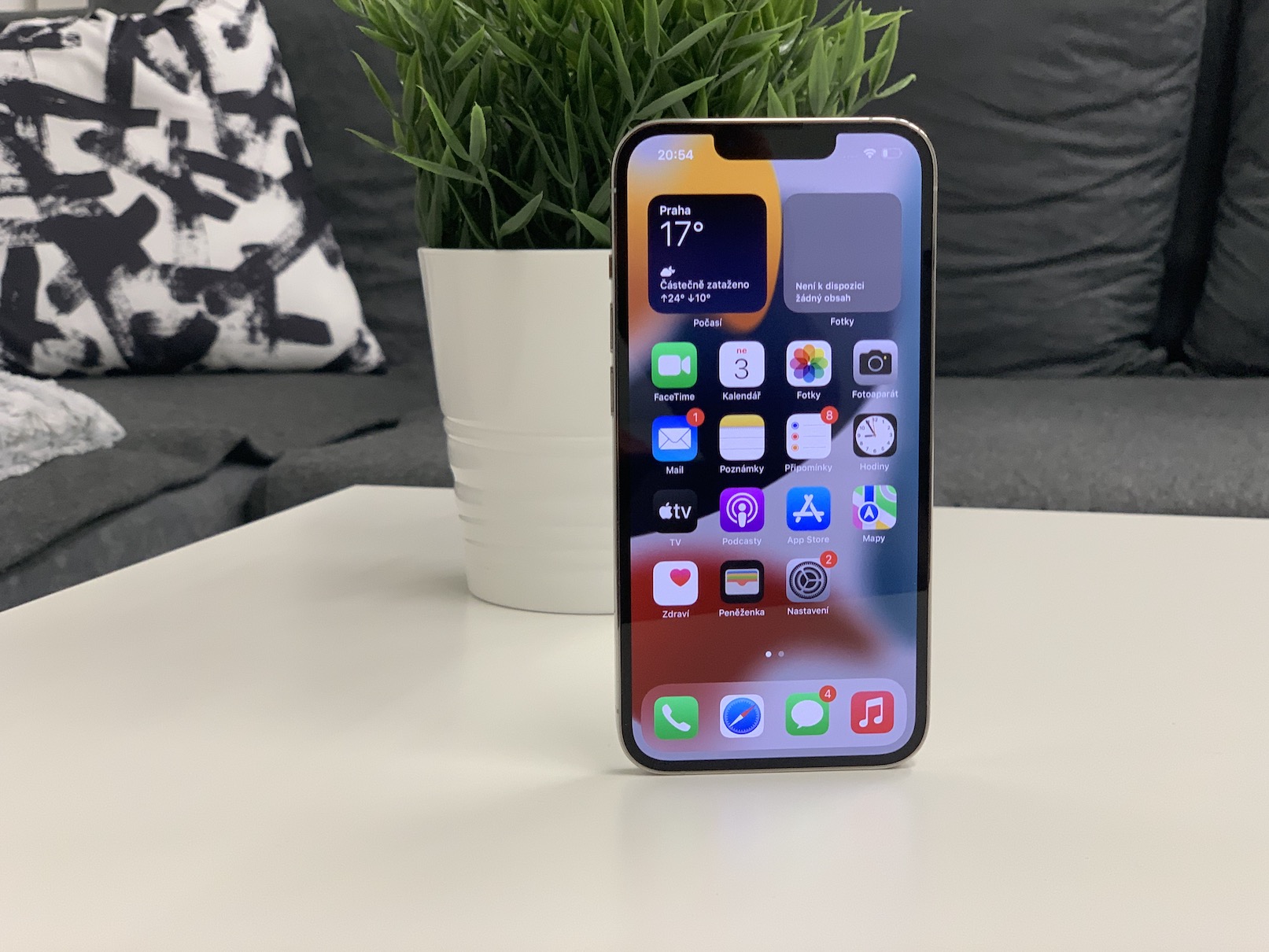
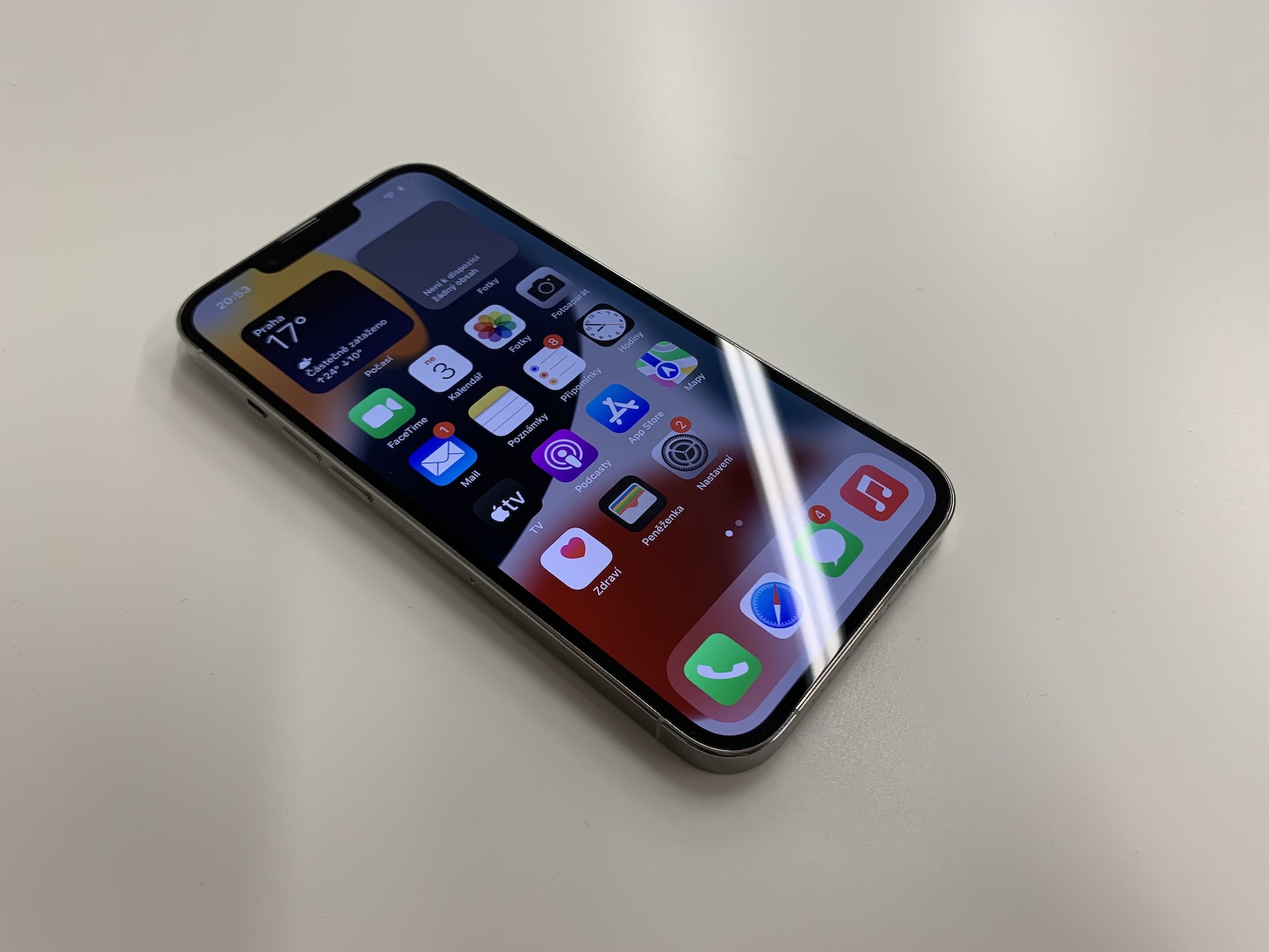
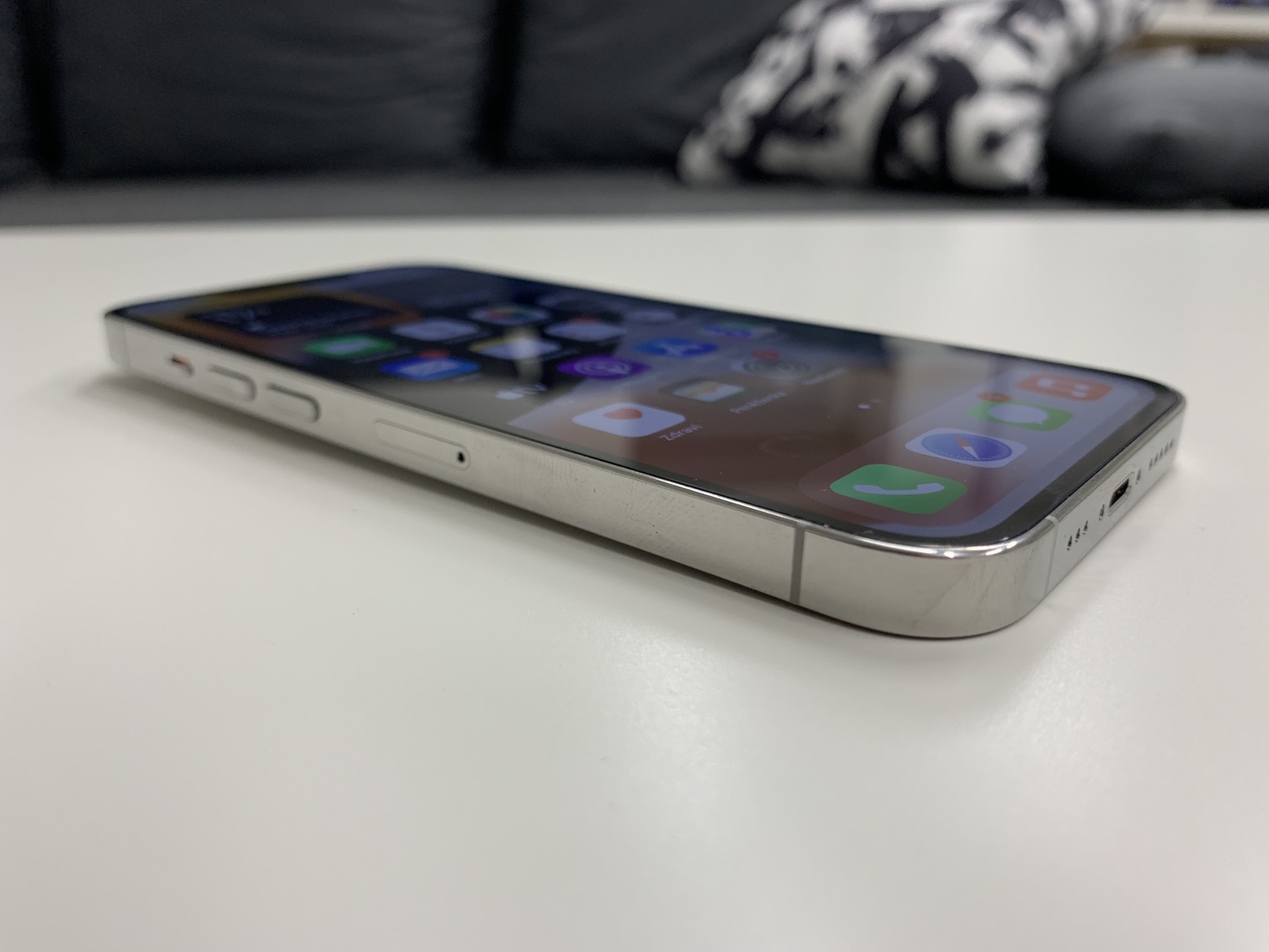
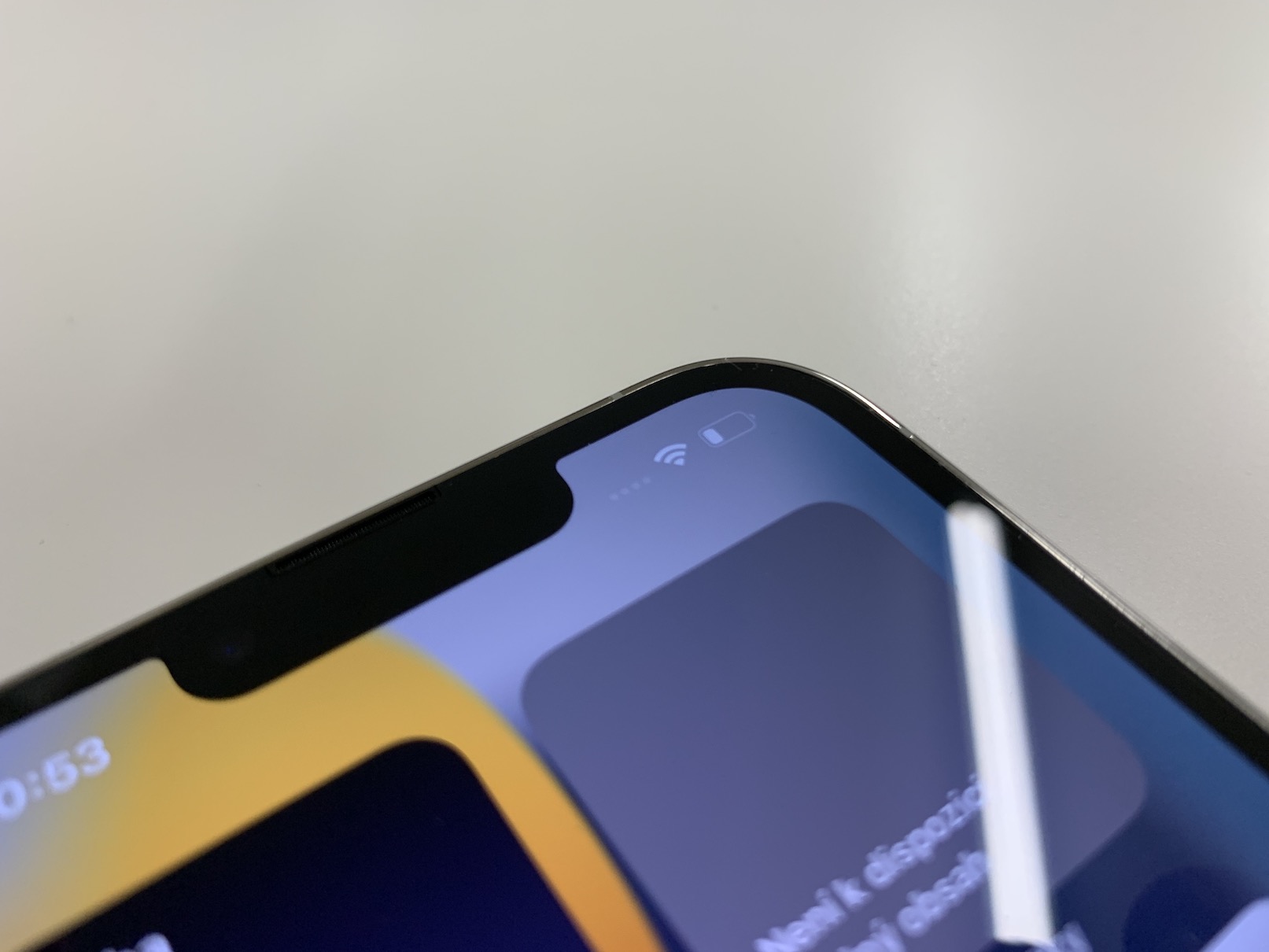
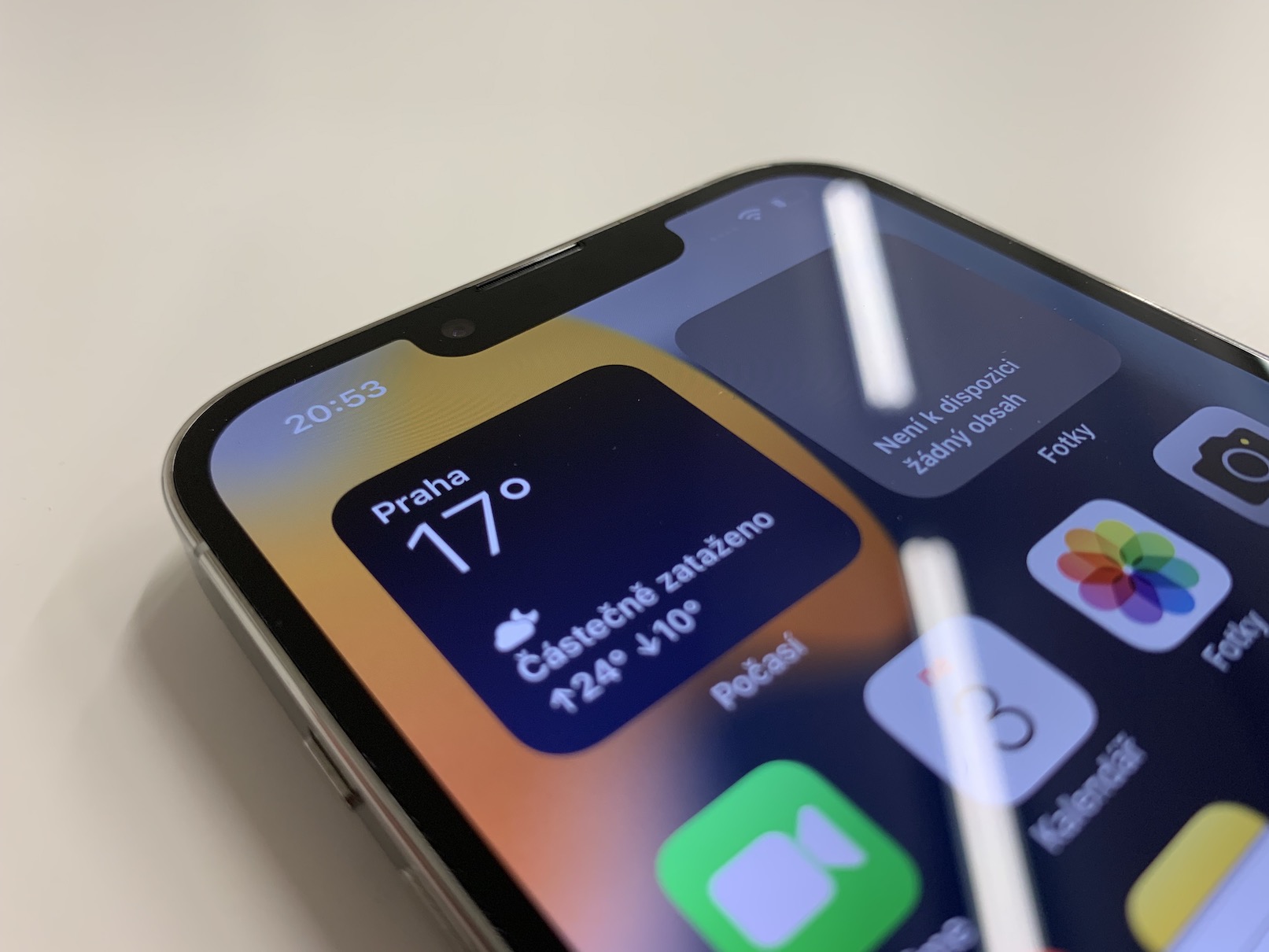
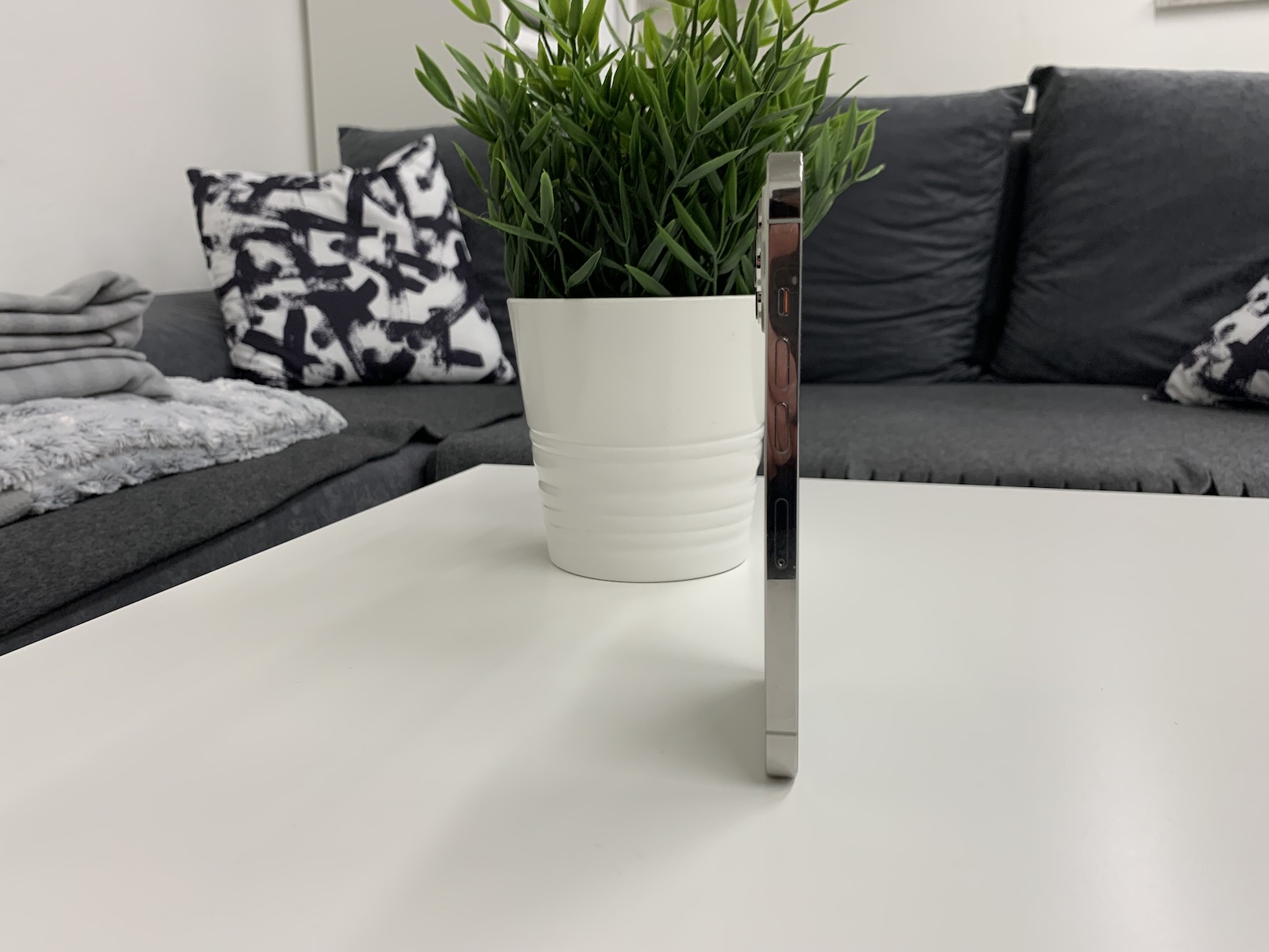
I enthusiastically switched from a 6" phone back to a 4" SE of the first generation, which I eventually exchanged for a 13 mini. I find the dimensions of the iPhone 5 to be brilliantly practical. You probably know the legacy of S. Jobs himself there. If they put a frameless display in the body and put the touchid under the display, it would be an absolutely perfect iPhone from my point of view.
I'm exactly the same. I kept buying smaller iPhones and last year I bought the iPhone 13 Pro Max for the first time and I never want a smaller phone again, and on the contrary I will easily buy a bigger one if Apple introduced it 😁 it's the bomb and I haven't used the iPad since then.